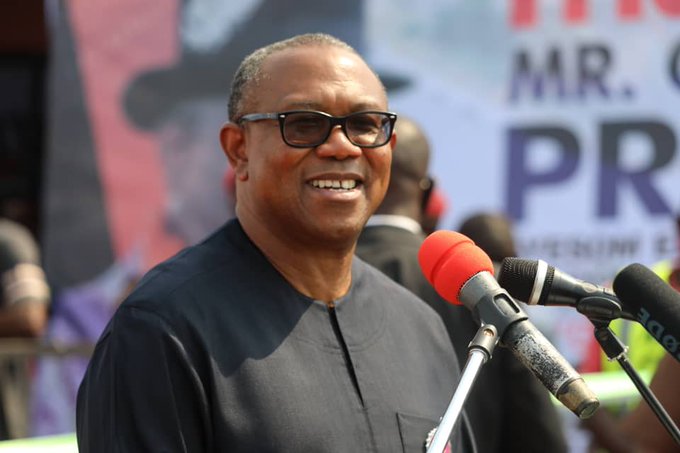Former presidential candidate of the Labour Party, Peter Obi, has faulted the federal government’s plan to construct bus terminals across the six geopolitical zones at a cost of ₦142 billion, describing the move as a misplaced priority.
In a statement on Friday, Obi argued that the huge expenditure would not deliver the kind of benefits Nigerians urgently need, especially at a time of economic hardship and dwindling public resources. He urged the government to channel funds toward more impactful sectors such as education, healthcare, and poverty alleviation.
“The proposed construction of bus terminals at this cost is not the kind of project that should take precedence when millions of Nigerians are grappling with hunger, unemployment, and lack of basic social services. Government must always prioritize scarce resources in a way that directly improves the lives of the people,” Obi said.
He stressed that prudent spending was crucial in determining the success or failure of any administration. According to him, in an economy where inflation continues to rise and many citizens can barely afford food and transport, the focus should be on initiatives that reduce suffering and build long-term growth.
Obi, a former governor of Anambra State, has consistently called for a more frugal and accountable approach to governance. Since the 2023 presidential election, he has positioned himself as one of the most vocal critics of government spending patterns, often emphasizing that development should be people-centered rather than project-driven.
The federal government had earlier announced the planned bus terminals as part of efforts to improve transportation infrastructure and ease travel across regions. Officials argue that the projects will modernize public transit, create jobs, and stimulate economic activities around the terminals.
However, critics like Obi say such investments pale in comparison to urgent needs in food security, power supply, and education. “Our people are struggling to survive. Every naira spent must reflect their priorities. Anything short of that is wasteful,” he added.
His remarks have sparked debate among Nigerians, with some supporting the government’s long-term vision for infrastructure and others agreeing with Obi that spending should be directed at immediate relief and essential services.
The controversy underscores the broader challenge of balancing capital-intensive infrastructure projects with short-term measures that directly cushion the impact of economic hardship on citizens.





